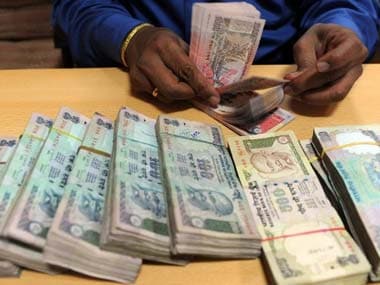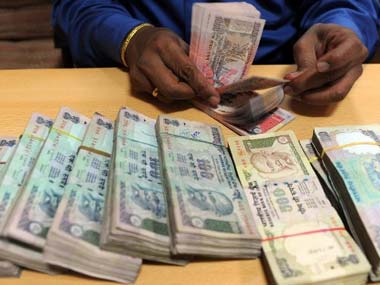In the World Bank’s pecking order of ease of doing business India ranks 130th among 189 nations. And on the vexed parameter of closing down of business, even further down–136th. It takes on an average 4 years to wind up and liquidate a business. It is hoped that this would be drastically reduced to just one year once the Insolvency and Bankruptcy Code 2016 kicks in. [caption id=“attachment_2678050” align=“alignleft” width=“380”]  Representational image. AFP[/caption] The National Company law tribunal (NCLT) would be the arbiter of the fortunes of sick companies which turn away their creditors and who thereafter knock at the doors of the Tribunal which would within 90 days find modus vivendi for revival failing which assets would be sold, period. And during this cooling off period, no coercive proceedings can be launched against the company in any other forum or under any other law. The joint committee of the Parliament which spent agonizing months over the nitty-gritty of the law-in-the-making has done something for the workers—24 months wages due to them would rank ahead of even secured creditors. This is indeed a good augury given the travails of workers and staff, poignantly brought out by the staff of grounded Kingfisher Airlines. But then it must be noted only workers would get this protection and not all employees. One wishes this protection was given to all non-director employees. Be that as it may. All these years, we have been shedding tears for banks saddled with NPAs. It is good that thought has been spared for employees as well. Cross border insolvency needed to be taken cognizance of, and it is good the new law does so. Many company promoters siphon off funds to secretive foreign destinations. The insolvency code empowers the government to enter into bilateral agreements with other nations for this purpose. One once again hopes that the government takes a comprehensive view of the larger issue of illicit foreign money instead of taking a piecemeal approach just for the purpose of enforcing the code. Foreign assets genuine as well as illicit would inevitably delay the winding up proceedings. A curious thing that has gone unnoticed is the act of self-abnegation done by the tax authorities—tax and other dues would defer to the dues of secured creditors and 24 month salary of workers. Earlier, taxes jostled with secured creditors’ and workers’ dues. This once again is a good augury because there is always an element of exaggeration in tax claims thanks to high-pitched assessments. There is an anomaly insofar as secured creditors are concerned. By definition, a creditor is secured only to the extent the mortgage assets are sufficient to clear his dues whereas the code talks of paying him off fully. This needs to be corrected so that the unsecured portion is relegated down in the pecking order. Moving away from corporates, politicians and bureaucrats would be debarred from holding public office once they are declared insolvent. This is as it should be given the fact the Companies Act, 2013 bars insolvents from holding the office of a director. All in all the code is good because it addresses the concerns of all the stakeholders. Banks, the most vocal of them, have all along constituted themselves as a silo by entering corporate debt restructuring scheme and strategic debt restructuring scheme that did not address the concerns of other stakeholders chiefly employees. That slant now stands corrected. Public sector banks in the wake of the new law cannot dither nor enter into such deals but immediately seek the sanctuary of the NCLT. In other words it would be the dispassionate and neutral NCLT that would be the arbiter of sick companies and not banks themselves. Once again this is as it should be.
A curious thing that has gone unnoticed is the act of self-abnegation done by the tax authorities—tax and other dues would defer to the dues of secured creditors and 24 month salary of workers.
Advertisement
End of Article


)

)
)
)
)
)
)
)
)



